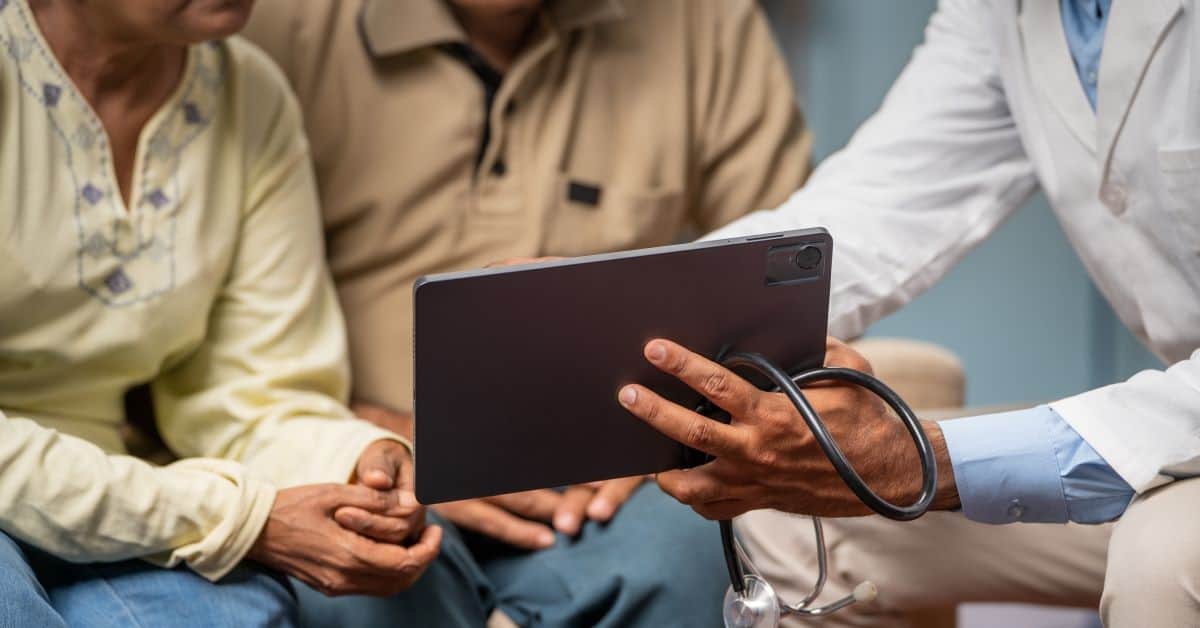The term lien is thrown around often. While many people have come across the term before, many don’t understand what it means and how a lien can affect their personal injury settlement or judgment.
Medical liens in North Carolina, as in other states, are legal claims placed on a person’s personal injury settlement or judgment to ensure that medical providers are compensated for the services they provide to the injured party. These liens are commonly used when someone is injured in an accident, such as a car accident, and they receive medical treatment but cannot immediately pay for it. Here’s how medical liens typically work in North Carolina:
- Injury Occurs: The injured party sustains injuries in an accident, such as a car accident, slip and fall, or any other incident that results in medical treatment.
- Medical Treatment: The injured person seeks medical treatment for their injuries. This treatment may include hospital care, surgery, physician visits, physical therapy, prescription medications, and other healthcare services.
- No Immediate Payment: In many cases, the injured person may not have the means to pay for their medical bills at the time of treatment, especially if the injuries are severe. Medical providers often understand this and may agree to treat the injured person without immediate payment.
- Medical Lien Agreement: To secure payment for their services, medical providers may ask the injured person to sign a medical lien agreement. This agreement stipulates that the medical provider will have a legal claim on any settlement or judgment the injured person receives as a result of the accident.
- Treatment Continues: The medical treatment continues, and the injured person focuses on recovery. Meanwhile, the medical lien remains in effect, serving as a legal claim on any future compensation.
- Personal Injury Claim or Lawsuit: If the injured person decides to pursue a personal injury claim or lawsuit against the party responsible for their injuries (such as the at-fault driver in a car accident), they may eventually receive a settlement or judgment.
- Notification to Lienholders: During the settlement process, the injured person’s attorney typically notifies all lienholders, including medical providers with medical liens, about the impending settlement.
- Negotiation and Satisfaction of Liens: The injured person’s attorney negotiates with lienholders to determine the amount that must be paid out of the settlement to satisfy the medical lien. The medical lien holder may agree to reduce the lien amount based on negotiation, but they are generally entitled to reimbursement for the medical expenses they provided.
- Payment of Liens: Once a settlement is reached, the funds are distributed accordingly. The injured person’s attorney will typically ensure that any medical liens are paid directly from the settlement amount to the medical providers.
- Remaining Compensation: After satisfying all medical liens and any other legal obligations, the injured person receives the remaining compensation from the settlement or judgment.
It’s essential to note that the specifics of medical liens can vary depending on the agreements made between the injured person, their attorney, and the medical providers. It’s advisable to consult with a personal injury attorney experienced in North Carolina law to navigate the process effectively and protect your rights and interests in a personal injury case involving medical liens.
